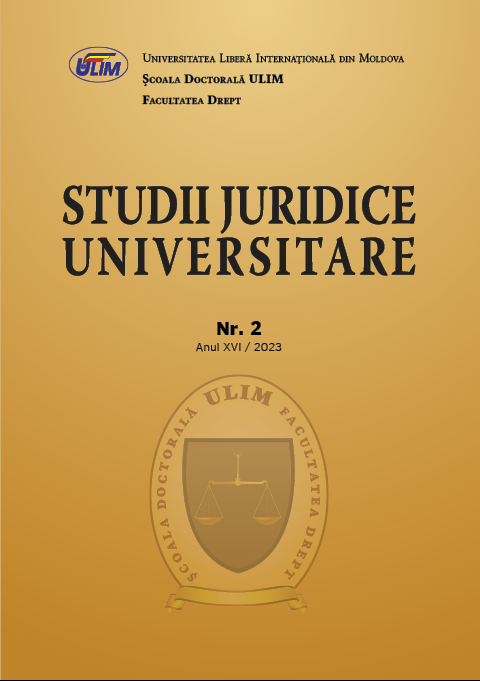
Evoluţia ideilor despre libertatea de gândire. Abordare filozofico-juridică
“Thought is free,“ said Marcus Tullius Cicero in the first century BC. The international society managed to give legal content to the famous quote only at the end of the 19th century, the beginning of the 20th century. Thanks to the titanic efforts of the notorious personalities of all time, philosophers and jurists, mankind has included freedom of thought in the list of fundamental freedoms and civil rights, which belong to every person from birth and which the state cannot deprive. Freedom of thought is an essential condition of a democratic society, of a rule of law. Moreover, this absolutely justified can be considered as the most important value of a prosperous society. Being fully exploited freedom of thought brings benefits only to the individual and to society as a whole.
More...